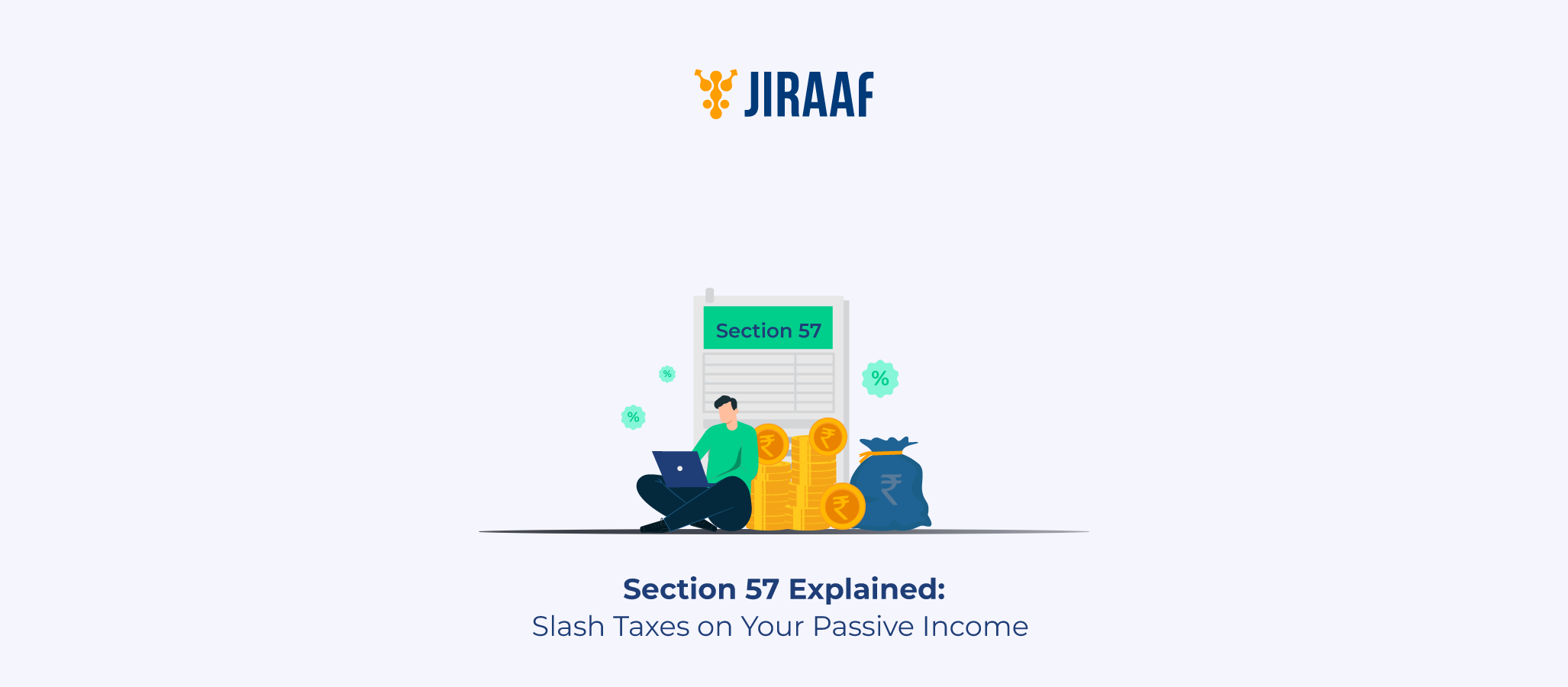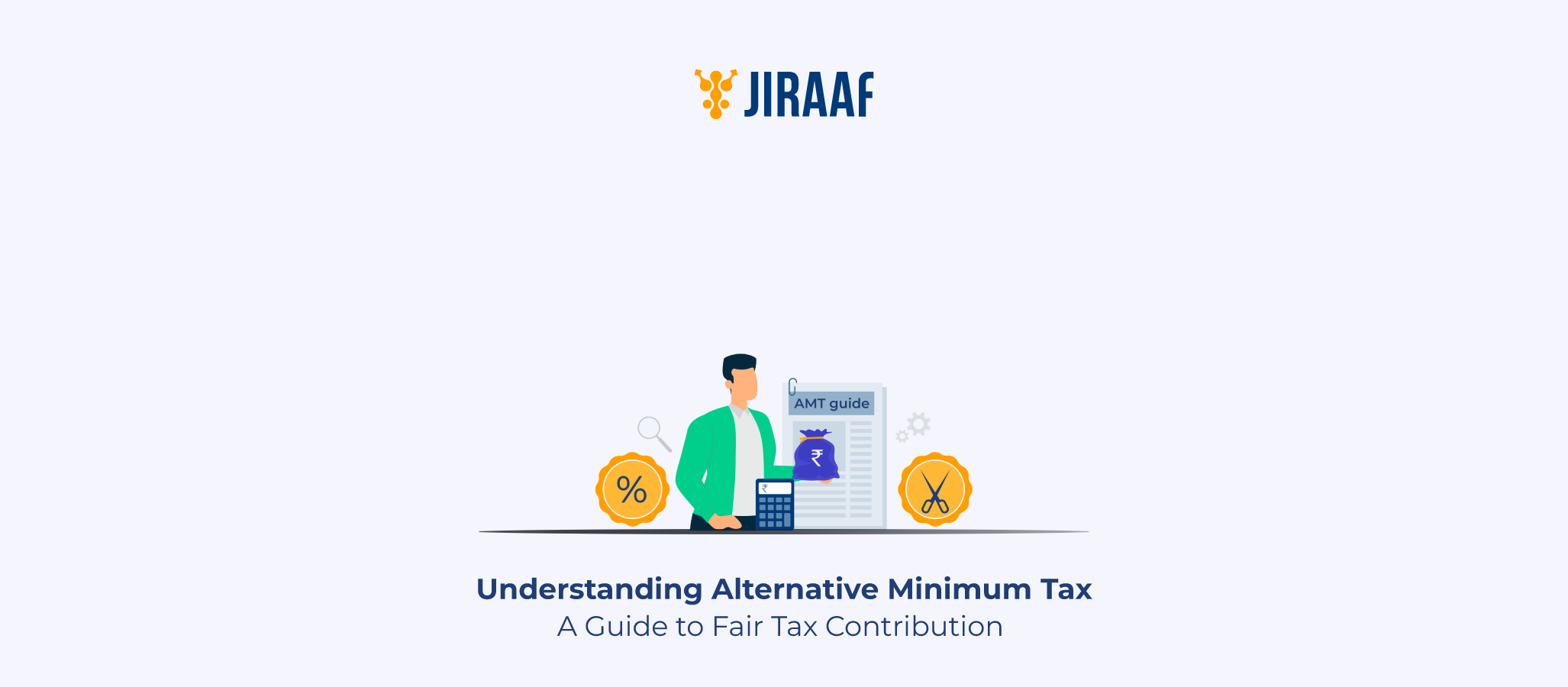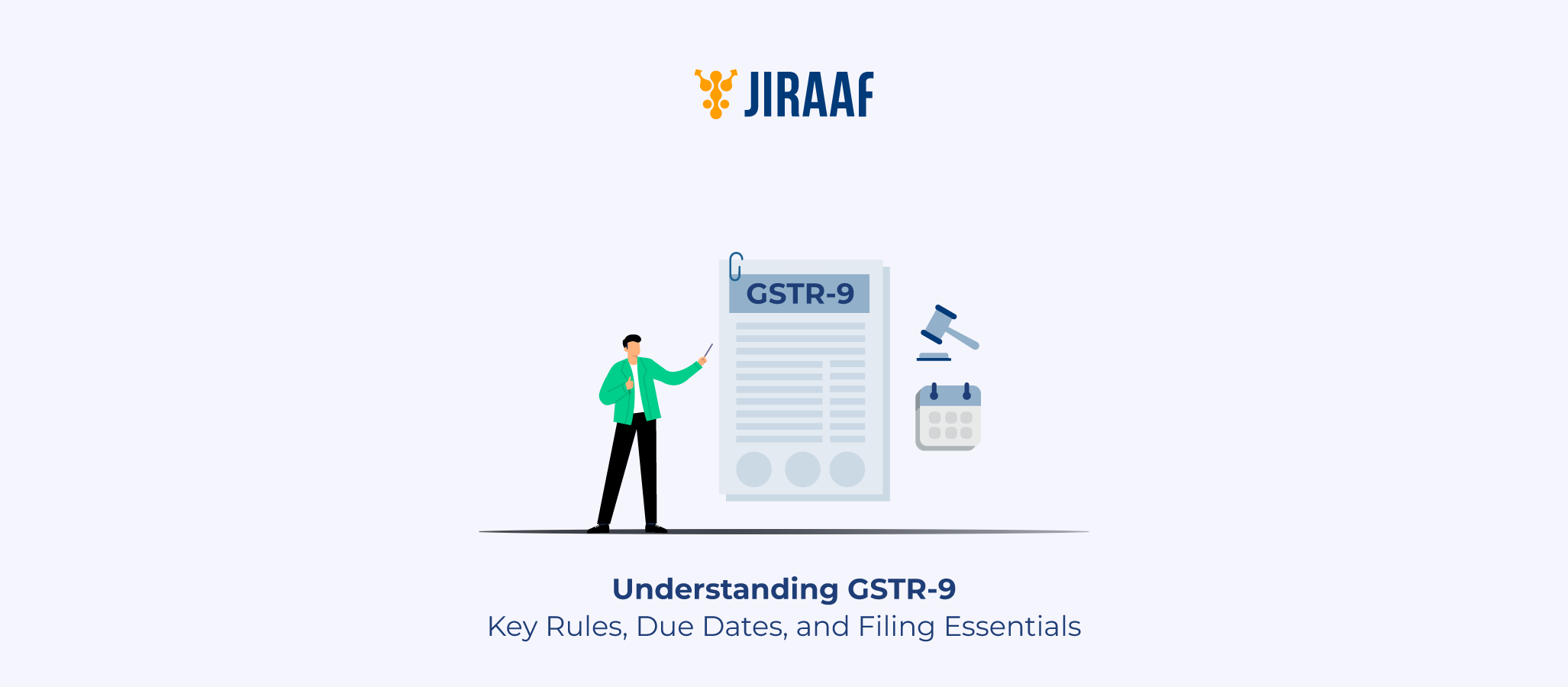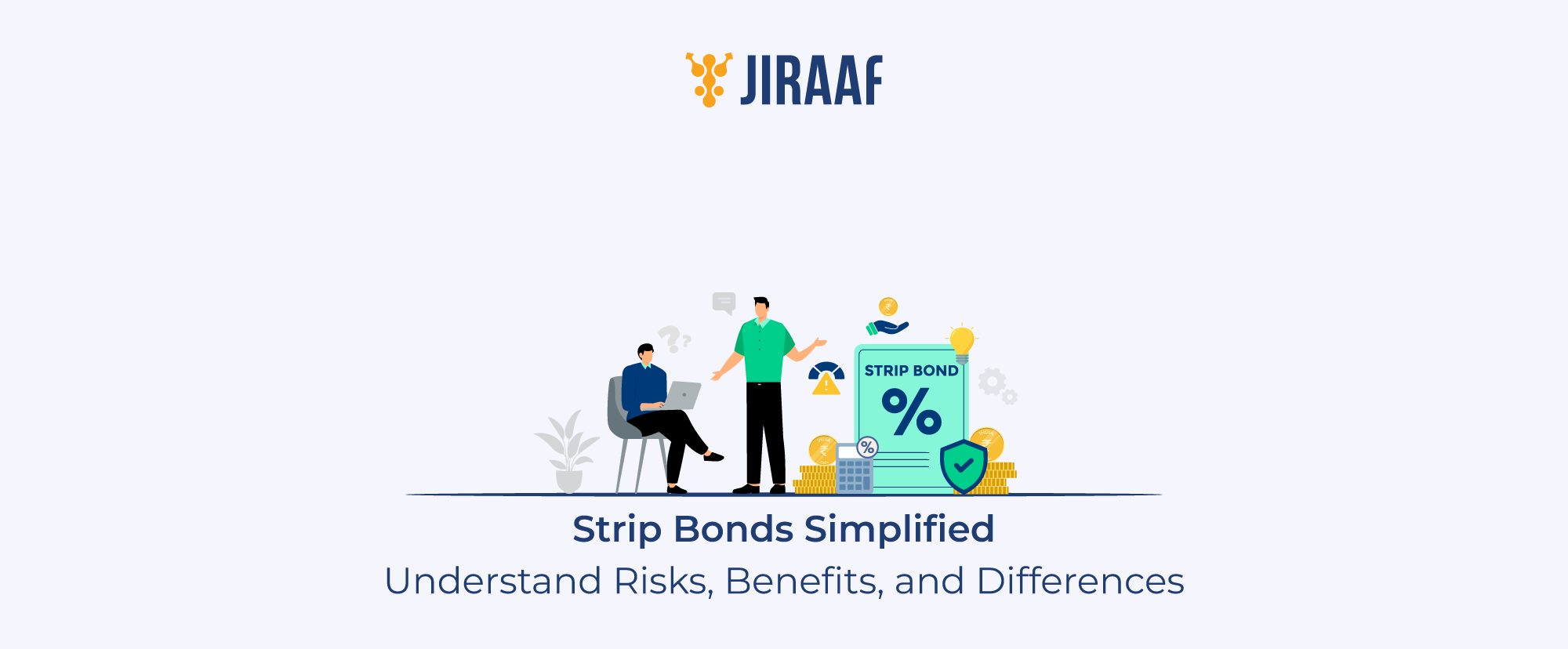Not all your income comes from salary, business, or capital gains. Sometimes, you earn from other sources—like bank interest, dividends, or rent from machinery. Section 57 of the Income Tax Act allows you to reduce your tax burden on such income by claiming specific deductions. Think of it as the tax system acknowledging that not all income is net profit—some comes with its own set of costs.
If you’ve ever earned money outside your regular job or business, understanding Section 57 can help you avoid paying more tax than necessary. So, let’s break it down.
What is Section 57 of the Income Tax Act?
Section 57 comes into play when you earn income that falls under the head “Income from Other Sources.” This could include:
- Interest on fixed deposits or bonds
- Dividend income
- Rental income from plant/machinery/furniture (not part of business assets)
- Family pension
- Income from letting out assets (other than house property)
- Winnings from lotteries, horse races, card games, etc.
Section 57 allows you to deduct certain expenses incurred in earning this income—thus reducing your taxable amount.
Types of Income Eligible Under Section 57
| Income Type | Explanation |
| Interest Income | Interest from fixed deposits, savings accounts, bonds, etc. |
| Dividend Income | Dividend from shares of Indian companies or mutual funds |
| Family Pension | Pension received by family members of a deceased employee |
| Rental Income | Letting out furniture, machinery, or equipment (without owning the building) |
| Lotteries & Horse Races | Winnings from gambling activities |
Eligible Deductions Under Section 57 of the Income Tax Act?
Let’s break this down by income category:
1. Interest on Securities
- Deductible: Any reasonable commission or remuneration paid for realizing interest.
- Example: If you appoint an agent to collect bond interest and pay them ₹500, you can deduct this.
2. Dividend Income
- Post-FY 2020-21, dividends are taxable in the hands of investors.
- Deductible: Interest expense incurred to earn dividends.
- Cap: Limited to 20% of the gross dividend income.
- Example: If you borrowed money to buy shares and paid ₹3,000 interest but earned ₹10,000 as dividends, you can only deduct ₹2,000 (20%).
Other expenses like brokerage or administrative charges are not deductible.
3. Family Pension
- Standard Deduction: Lower of ₹15,000 or 1/3rd of pension received.
- Example: If you receive ₹45,000/year in family pension, you can deduct ₹15,000.
4. Letting Out Plant, Machinery or Furniture
- Deductible: Repairs, insurance, depreciation, and other maintenance expenses.
- Important: This is applicable only if these are not business assets.
5. Income from Casual Wins (Lottery, Horse Race)
- No deduction allowed. The entire amount is fully taxable at a flat rate of 30% plus applicable surcharge and cess.
Section 57 vs Other Deduction Sections
| Criteria | Section 57 | Section 80C | Section 80D |
| Income Head | Other Sources | Gross Total Income | Gross Total Income |
| Type of Deduction | Expenses incurred to earn “Other Sources” income | Investments (e.g. PPF, ELSS) | Medical insurance premiums |
| Cap on Deduction | Varies by source | ₹1.5 lakh | ₹25,000 to ₹1 lakh |
Documents Required to Claim Section 57 Deductions
To claim deductions, you should have:
| Document | Purpose |
| Interest certificates | For fixed deposits, bonds, etc. |
| Bank statements | To track credited income and interest |
| Loan statement | If you borrowed money to invest and are claiming interest |
| Dividend statements | For total dividend received |
| Agent/commission bills | If you paid someone to collect interest |
| Family pension certificates | Issued by the employer or pension office |
| Rent/lease agreement | For letting out assets |
Make sure all expenses are supported by bills or proof of payment.
Common Mistakes to Avoid While Claiming Section 57
| Mistake | Why It’s a Problem | How to Avoid |
| Claiming 100% of interest expense on dividend income | Only 20% is allowed as a deduction | Always apply the 20% cap |
| Mixing up family pension with normal pension | Only family pension qualifies under Section 57 | Ensure you check the source of the pension |
| Not maintaining proof of expenses | No deduction can be claimed without valid documentation | Keep receipts, bank statements, and invoices |
| Claiming expenses on lottery winnings | Not permitted under tax law | Do not deduct expenses from lottery or betting income |
| Not adjusting TDS already deducted on interest | Leads to incorrect tax payment or refund mismatch | Check Form 26AS and AIS regularly |
Real-Life Scenario Example
Assume Rita Sharma is a salaried professional who earns:
- ₹40,000 from interest on FDs
- ₹12,000 dividend from stocks (loan interest = ₹4,000)
- ₹36,000 as family pension
Here’s how Rita’s deductions look under Section 57:
- FD Interest: No deduction since no commission paid.
- Dividend: Can deduct ₹2,400 (20% of ₹12,000).
- Family Pension: Deduction = ₹12,000 (1/3rd of ₹36,000)
Taxable “Other Sources” Income =
= ₹40,000 (FD) + ₹12,000 (Dividend) – ₹2,400 + ₹36,000 (Pension) – ₹12,000
= ₹73,600
By using Section 57, Rita saves tax on ₹14,400.
Final Thoughts
Section 57 might sound like a technical section of the tax code, but it’s your best friend when you want to reduce taxes on side income. Whether it’s dividends, pension, or passive interest—there’s often a cost involved in earning that income, and the law lets you deduct it. The key is understanding which expenses qualify, maintaining proper records, and filing your returns accurately.
With correct planning and awareness of Section 57, you can legally bring down your taxable income—and that’s a smart move every taxpayer should make.
FAQs
Can I claim full interest on loan used to buy dividend-yielding shares?
No. You can only claim up to 20% of the gross dividend income received as a deduction for interest expense.
Is family pension taxed like a salary?
No. Family pension is taxed under “Income from Other Sources” and Section 57 offers a standard deduction.
Can I claim expenses on lottery or gambling winnings?
No. No deductions are allowed from casual income like lottery or horse race winnings.
Are deductions under Section 57 available for non-residents?
Yes, as long as the income is taxable in India and qualifies under “Other Sources.”
Is TDS deducted on income from other sources?
Yes. For example, banks deduct TDS on FD interest. You can view these in Form 26AS or AIS.
Discover fixed income investments with Jiraaf, a SEBI registered online bonds platform that educates and brings access to a wide array of bonds. Sign up today to explore diversified fixed income investment opportunities to support your goal-based wealth creation journey. Start investing!









